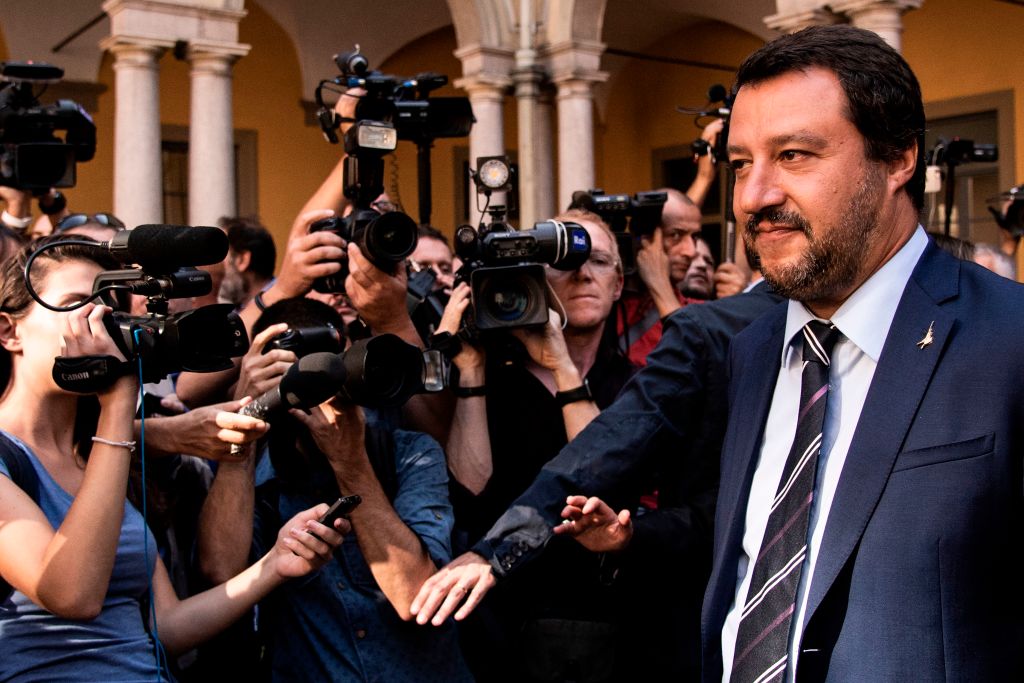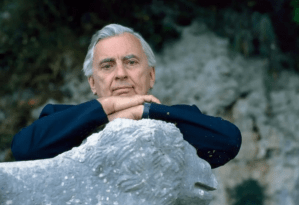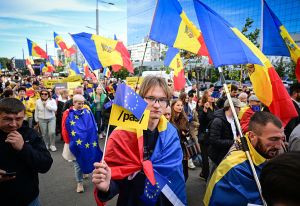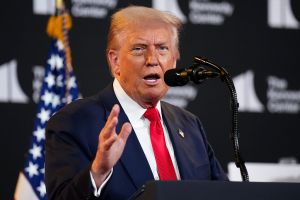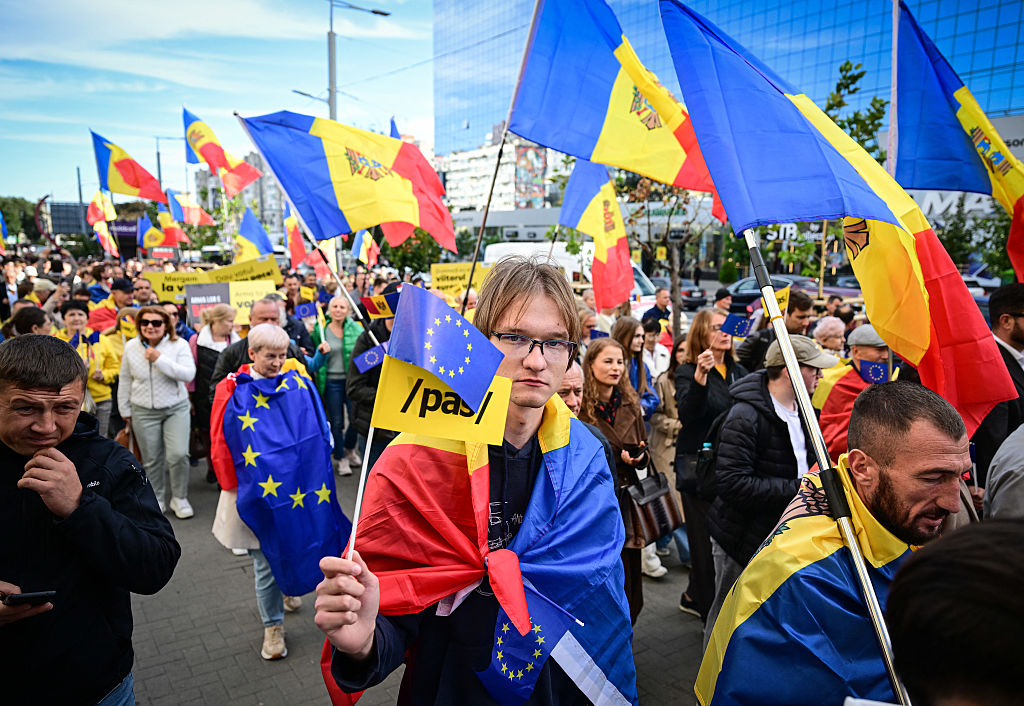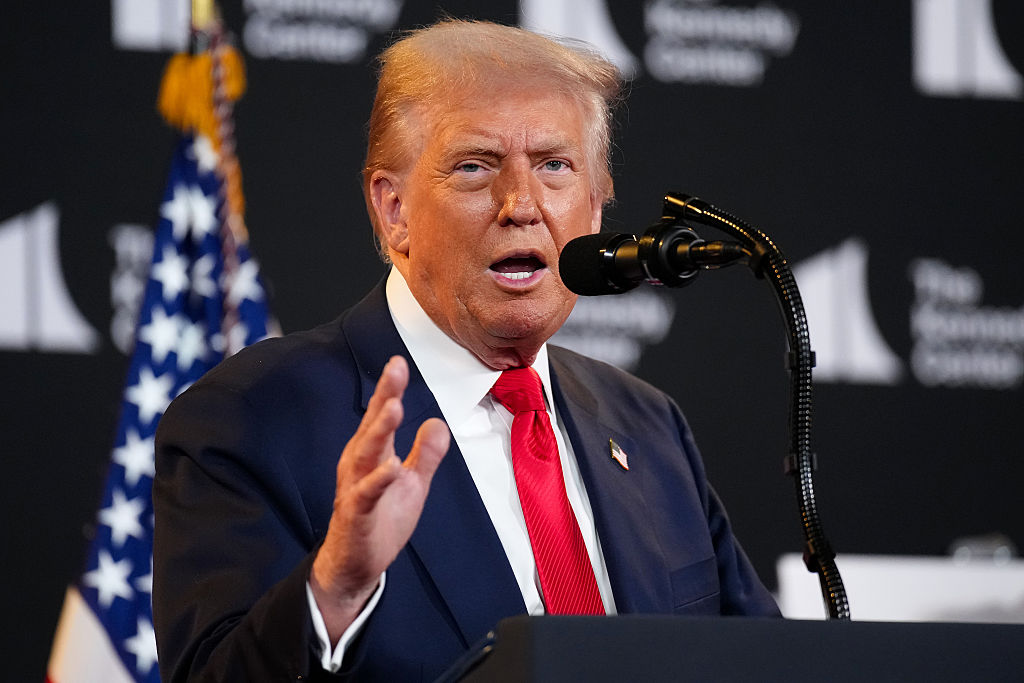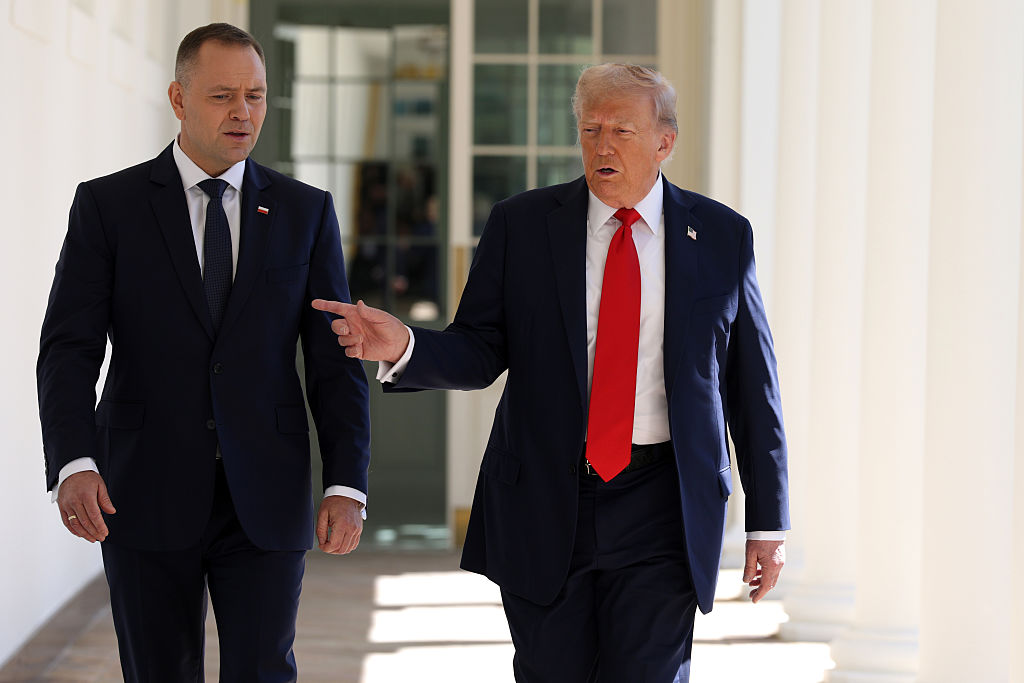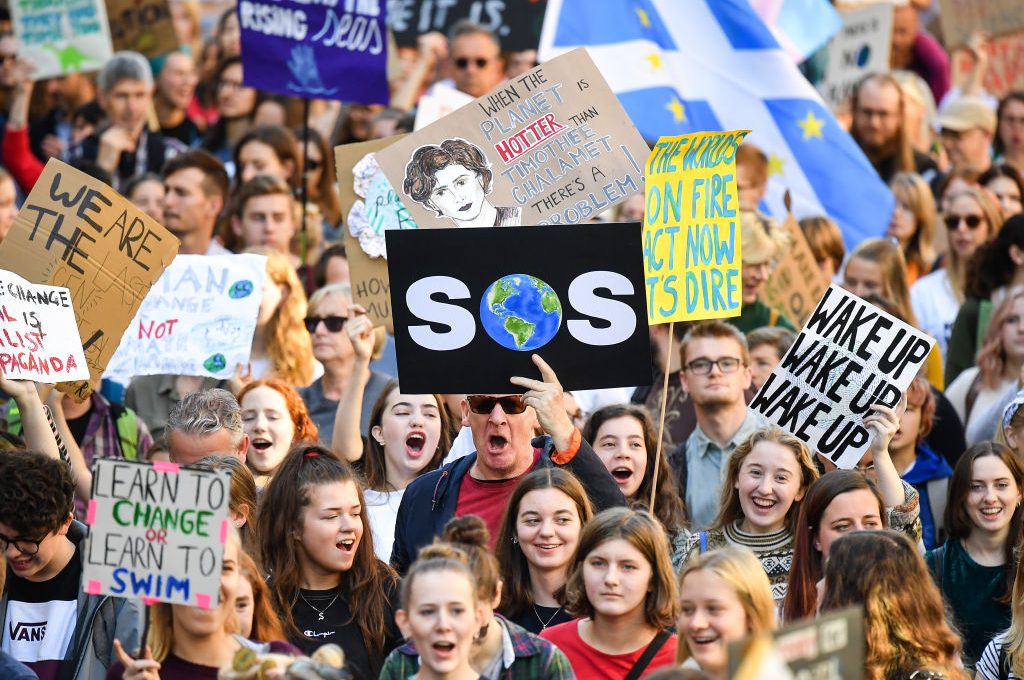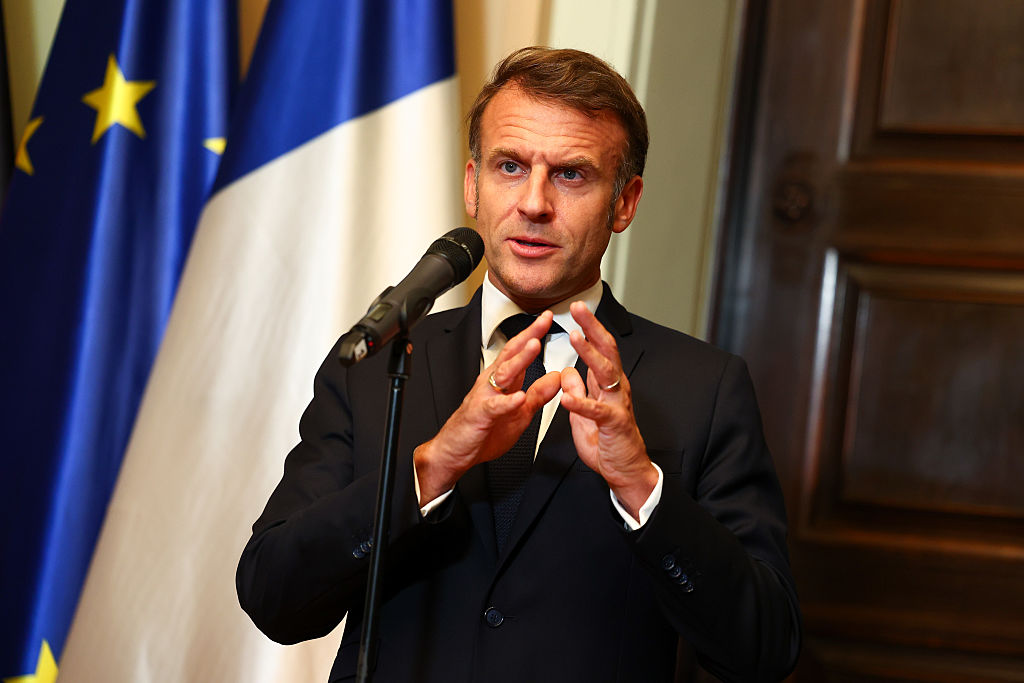Since becoming leader six years ago Matteo Salvini — Il Capitano as they call him — has transformed the radical-right Lega from small regional separatist party into the largest party in Italy. After last week’s European elections, the Lega is now also the second largest national party in the European Parliament. Its 28 seats place it level with Angela Merkel’s CDU, and just behind the 29 seats of Nigel Farage’s Brexit party.
The European Parliament election results confirm Salvini as the undisputed leader of Europe’s populists. Their insurrection is determined to unseat the EU ancien régime. Its latest champion, French president Emmanuel Macron, is ever less convincing and popular in France and elsewhere in Europe.
The Lega’s rise to prominence in Italy and beyond is extraordinary. In the 2013 general election, Salvini’s party won just 4.1 percent of the vote. At last year’s general election, the Lega won 17.4 percent of the vote, and came to power as junior partner in a two-party coalition with the alt-left Five Star Movement. In last week’s European Parliament elections, with turn-out well above 50 percent, the Lega achieved what was once unthinkable, and took 34.3 percent.
Meanwhile, Five Star, its coalition partner in Italy’s national government, received a disastrous 17.1 percent in the European elections — little more than half of the 32.7 percent share it received at last year’s general election.
Compared to the general elections of March 2018, the European Parliament results show an almost exact reversal in support for Five Star and the Lega. This more or less mirrors what opinion polls in Italy have been saying for much of the past year.
Until they signed a Molotov-Ribbentrop style pact to form the coalition government, Five Star and the Lega were sworn enemies. Their coalition rests upon a contract for a limited program of legislation which both could agree on. They were soon at daggers drawn. Led by two deputy Prime Ministers, the Lega’s Salvini and Five Star’s Luigi Di Maio, the coalition has staggered on in a paralytic state, unable to agree anything and on the verge of collapse.
Last autumn, the EU Commission rejected the coalition’s first budget for threatening to break EU fiscal pact rules on government deficit. The budget has still to be approved. The inevitable showdown between Brussels and Rome, postponed until after the European Parliament elections, is expected any day now. With Italy’s economy dipping in and out recession, the all-important spread between German and Italian government bonds has now leapt up towards the danger zone of 300 percentage points.
Yet Salvini goes from strength to strength. How?
The demise of Silvio Berlusconi left a vacuum on the right. The Lega is one of the parties that has filled that gap. Salvini has transformed the old Lega Nord, a regional separatist party for northern Italy, into the Lega, a national regionalist party. Along the way, Salvini became a master not just of social media, but also own social presence. He is constantly among the crowds in the piazzas of Italy, where he is ever willing to take selfies with the public. Indeed, he spends far more time traveling around Italy in tracksuit or jeans than he does in his Interior Minister’s office in Rome in a suit.
Salvini is down-to-earth, he has a deadpan sense of humor, and he is blessed with the gift of never losing his temper, even when he is howled down as a fascist, racist Islamophobe. Though not a brilliant orator, he is always ready with a funny but cutting retort in public debate. He keeps his message simple; he talks straight, and sounds like the proverbial man on the Florence omnibus. His two big policy initiatives are preventing illegal migrants from arriving in Italy, and deporting those already there; and introducing a flat tax of between 15 percent and 20 percent.
Salvini’s failure to introduce that flat tax can be blamed on Five Star. But he has managed to stop illegal migrants arriving in Italy by sea from Libya. Since 2014, 650,000 migrants have arrived on Italy’s shores. In the last 18 months, Italy’s populists have all but stopped this human trafficking: in 2018, only 23,400 migrants arrived. The populists did so mainly by refusing to allow charity ‘rescue’ ships to dump migrants in Italy anymore, and by equipping and training the Libyan coastguard to intercept migrants at their ports of origin and return them to Libya.
To date, this is the only concrete success of Italy’s populist government, and it is an incredible success. It is the work of Salvini and the Lega, not Di Maio and Five Star, who have reluctantly gone along with it. Though Salvini’s policies have infuriated the internationalist elites of the EU, they have proved wildly popular with Italians — not because Italians are racist, but because they are fed up with Italy being treated like a camp for migrants who, once in, never get deported.
With the European elections out of the way, few commentators think Italy’s coalition government can survive much longer. But the slump in support for Five Star means it has far more to lose than the Lega if the coalition collapses, which it surely must unless Five Star surrenders to the Lega’s policy initiatives. When there are new elections, the Lega may not be able to get enough votes to govern alone, but it can always rejoin former right-wing allies like Silvio Berlusconi’s Forza Italia, which won 8.8 percent at the European elections; and Fratelli d’Italia, which won 6.5 percent, and with which the Lega is still allied at the regional and local levels. On current polling, such a Lega-led alliance would easily win enough votes to form a government.
In the European Parliament in Brussels, Salvini has already persuaded Marine Le Pen’s Rassemblement National and Germany’s Alternative für Deutschland to form a populist group. He is now talking with Nigel Farage about the Brexit Party joining this alignment. It will be interesting to see how Farage plays this one. In the 2014 European Parliament, Farage positioned UKIP as the largest party among the Euroskeptics of the Europe of Freedom and Direct Democracy group, along with Five Star. In 2015, Farage turned down joining the hard-right Europe of Nations and Freedom group under Salvini’s Lega and Le Pen’s Front National (now Rassemblement National).
The populists are celebrating, even though they do not yet control enough seats to call the shots in Brussels. Still, a populist group which includes the Lega, Rassemblement National and the Brexit party would surely cause a most spectacular display of indoor fireworks.



